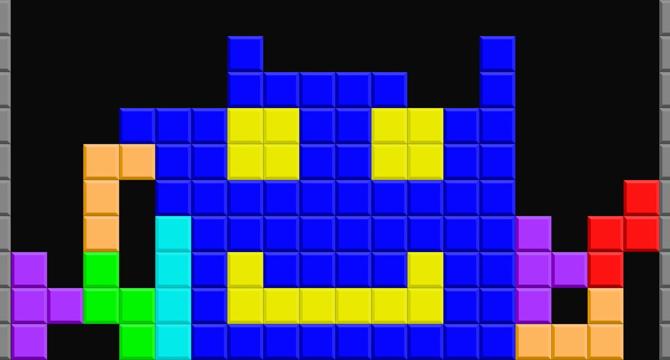Insider
1M
86

Image Credit: Insider
Why everyone started telling me to play Tetris
- In recent times, Tetris has been lauded as a mental health tool, with claims of aiding in strategic thinking and reducing anxiety, particularly in social media circles and personal development content.
- Studies suggest that playing Tetris can improve mental health, cognition, and brain efficiency through the 'Tetris effect,' a phenomenon where players mentally visualize the game even after playing.
- It has been found that playing Tetris can help reduce the intensity and frequency of PTSD symptoms when played within a specific time frame after a traumatic event.
- Tetris may induce a 'flow state' that enhances cognitive functions and helps in managing anxiety by promoting deep focus on the task at hand.
- Research indicates that regular playing of Tetris can lead to improvements in memory capacity and cognitive development.
- Individuals like content creator Will Padilla and tech founder Abhishek Shankar have shared how playing Tetris helps them cope with stress and sharpen their focus.
- Tetris is seen as a mental workout that improves problem-solving, spatial reasoning, and working memory, making it a popular choice for brain training and cognitive enhancement.
- While there is a surge in interest regarding the benefits of playing Tetris, there is a risk of misinformation due to oversimplification and misinterpretation of scientific studies.
- Despite some skepticism and potential misunderstandings, proponents like psychotherapist Amy Morin advocate for trying Tetris as a low-risk tool in managing mental health.
- The combination of promising research, enjoyable gameplay, and accessibility of Tetris makes it a worthwhile option to explore for mental well-being.
Read Full Article
5 Likes
For uninterrupted reading, download the app